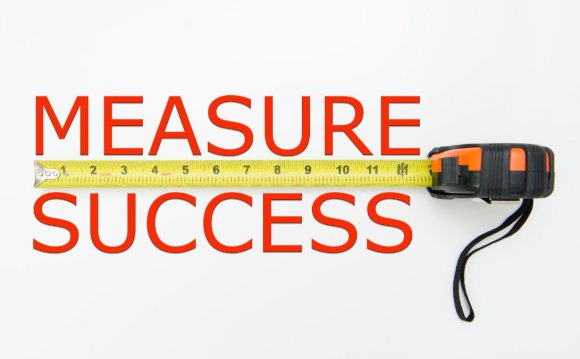
If you’re like most small business owners, you’ve never had to create a business plan before. In fact, you may have never even seen a formal business plan document let alone had to put one together.
This is why we gathered this collection of sample plans for you here on Bplans. Our business plans can give you a great sense of what a finished plan looks like, what should be included, and how a plan should be structured - whether you’re building a plan for investment or just to develop a better strategy for your business.
But, building your own plan isn’t as simple as just cutting and pasting from someone else’s plan. In fact, if you do that, you will be doing yourself (and your business!) a huge disservice. Here are a few tips to get the most out of our sample business plans and build the plan your business needs to succeed.
Find a plan from a similar industry to your business, but don’t worry about finding an exact match. In fact, you won’t find an exact match for your business. That’s because every business is as unique as its owners and managers. Every business has a different location, different team, and different marketing tactics that will work for them. Instead of looking for an exact match, look for a business plan that’s for a business that operates similarly to how your business will work. For example, a business plan for a steak restaurant will actually be useful for someone starting a vegetarian restaurant because the general concepts for planning and starting a restaurant are the same regardless of what type of food you serve.
Use the sample plans for inspiration and ideas. Staring at a blank page can be the worst part of writing a business plan. In fact, that’s probably the reason that’s preventing you from getting started right now. Instead, take advantage of our sample plans to avoid writer’s block. Feel free to copy words, phrasing, and the general structure of a plan to start your own. Also, as you read through several plans, you might find ideas for your business that you hadn’t considered. Use our plans for inspiration and ideas, borrow phrasing when it makes sense, and just get going!
Write a business plan that’s right for your business. As tempting as it is, don’t just cut and paste from a sample plan. Any banker or investor will be able to tell from miles away that you copied someone else’s plan. Not only will you be less likely to get funding if you copy a business plan, you’ll be greatly reducing your chances of success because you didn’t write a plan that’s right for your specific business, its specific location, target market, and your unique product or service. Thinking through how you are going to launch your business is a critical step in starting a business that you shouldn’t let go.
The value of business planning is in the process, not the final document. By creating your own business plan, you are going to have to think about how you are going to build your own business. What marketing tactics are you going to use? What kind of management team do you need to be successful? How is your business going to set itself apart from the competition?
The process of writing a business plan guides you through answering these questions so that you end up with a strategy that works for your business. You will also end up with a plan that you can share with business partners, investors, and friends and family. Sharing your vision and your strategy is the best way to get everyone on the same page and pushing forward to build a successful business.
Use your plan as a management tool and build a better business. When you’re done with your plan and your business is up and running, your plan shouldn’t just end up in a drawer. That would be a huge waste of all the time and effort you put into your strategy, budgets, and forecast. Instead, using your plan as a tool to grow your business can be one of the most powerful things you can do to grow your business. In fact, businesses that use their plan as a management tool to help run their business grow 30% faster than those businesses that don’t.
To use your business plan to grow 30% faster than the competition, you need to track your actual results - the sales that you get and the expenses that you incur - against the goals that you set out for yourself in your plan. If things aren’t going according to plan, perhaps you need to adjust your budgets or your sales forecast. If things are going well, your plan will help you think about how you can re-invest in your business. Either way, tracking your progress compared to your plan is one of the most powerful things you can do to grow your business.
INTERESTING VIDEO














